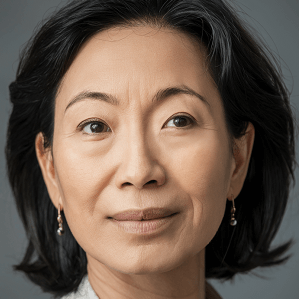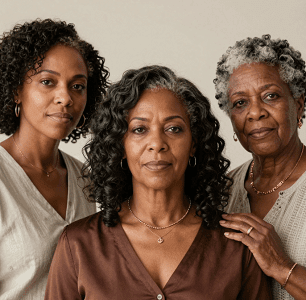A new study reveals that false-positive mammogram results may be exacerbating health disparities among different racial and ethnic groups in breast cancer screening. The research, led by the UC Davis Comprehensive Cancer Center, found that women who received false-positive results requiring additional imaging or biopsies were less likely to return for follow-up screenings.
The impact of these false-positive results was particularly pronounced among Asian and Hispanic/Latinx women, who were the least likely to return for future mammograms after such an experience. This finding raises concerns about the potential widening of existing health disparities in breast cancer detection and treatment.
Diana Miglioretti, lead author and chief of the Division of Biostatistics at UC Davis, emphasized the importance of continued screening, stating, “Having a false-positive result, especially if it results in a diagnosis of benign breast disease, is associated with an increased risk of being diagnosed with breast cancer in the future.”
The study analyzed over 3.5 million screening mammograms performed between 2005 and 2017 on more than 1 million patients aged 40 to 73. While 77% of women with negative results returned for subsequent screenings, only 61% came back after a false-positive requiring another mammogram, and 67% returned if a biopsy was recommended.
To address these disparities, Miglioretti suggests that women who feel anxious about mammography results might consider requesting on-the-spot interpretations and same-day diagnostic work-ups if a suspicious finding is detected. Healthcare providers are also encouraged to carefully explain false-positive results to reassure patients and stress the importance of continued screening.
See “False-positive mammograms discourage some women from future screenings” (September 3, 2023)



